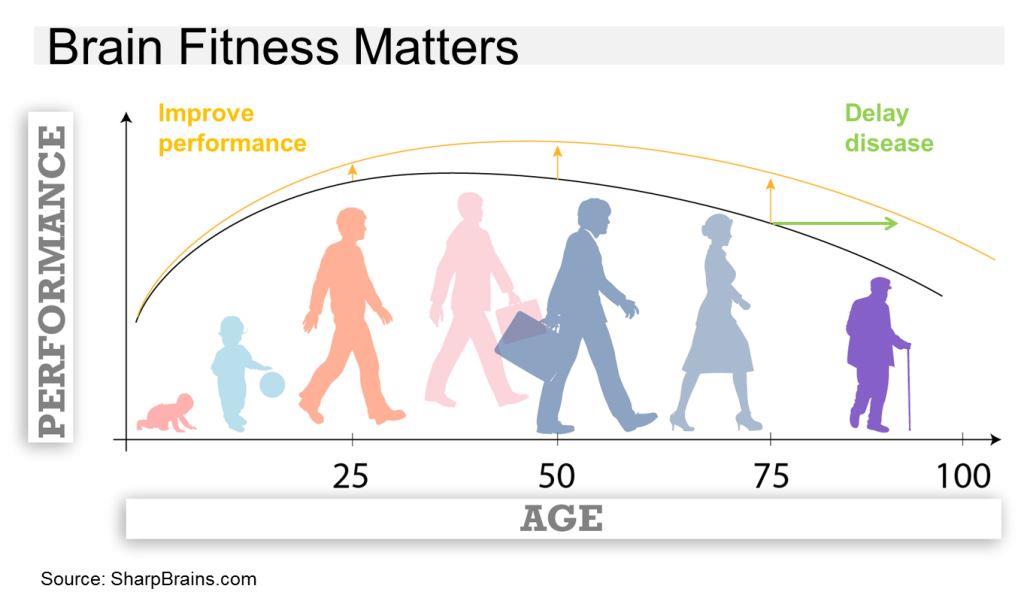Posts Tagged ‘mental capital’
Brain Teaser: What “some kind of asset” are we talking about?
An excellent article at the Times, Who Gets to Graduate, explores new thinking and tools to help college students succeed. Towards the end of the quite long article the writer quotes researcher David Yeager as saying:
Read More(Some) New Yorker articles are bogus
I love reading the New Yorker. I have written before about bogus brain games, and about bogus brain training claims. We have published a 10-question checklist to help consumers make informed decisions. All this is to say I was surprised to read a recent New Yorker blog article titled “Brain games are bogus.” If you…
Read MoreThe Business and Ethics of the Brain Fitness Boom — Part 4: The Future
This is the last part pf The Business and Ethics of the Brain Fitness Boom series
Read MoreThe Business and Ethics of the Brain Fitness Boom — Part 3: The Real Need
This is part 3 of the 4‑part The Business and Ethics of the Brain Fitness Boom series.
Read MoreThe Business and Ethics of the Brain Fitness Boom — Part 2: The Ethics
This is part 2 of the 4‑part The Business and Ethics of the Brain Fitness Boom series.
Read MoreTranscript: Alvaro Fernandez on Brain Health and Non-invasive Cognitive Enhancement
Below you can find the full transcript of our engaging Q&A session yesterday on lifelong cognitive fitness, “mental capitalism”, and more, with Alvaro Fernandez, co-author of The SharpBrains Guide to Brain Fitness, moderated by Harry Moody, Director of Academic Affairs at AARP.
Read More





